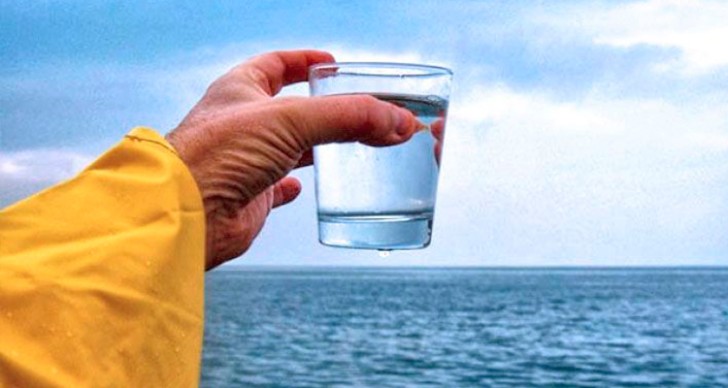Author
Zigurat Global Institute of Technology
Blog / Disruptive Technologies
Categories

 Over the past few years, we have witnessed how various innovations have been reshaping the technology. Systems with more capacity, lower cost, higher performance and efficiency, lower electricity consumption, easier installation etc. have appeared. Today we can find more than 1,000 systems in operation worldwide.
The so-called "Automated vacuum collection 2.0" is a true "Smart Infrastructure" that is being strongly promoted in cities committed to sustainability, climate change, urban resilience and the services provided. But above all, this shift could be significant for the citizen, who, after all, is the true protagonist of a city.
Over the past few years, we have witnessed how various innovations have been reshaping the technology. Systems with more capacity, lower cost, higher performance and efficiency, lower electricity consumption, easier installation etc. have appeared. Today we can find more than 1,000 systems in operation worldwide.
The so-called "Automated vacuum collection 2.0" is a true "Smart Infrastructure" that is being strongly promoted in cities committed to sustainability, climate change, urban resilience and the services provided. But above all, this shift could be significant for the citizen, who, after all, is the true protagonist of a city.
 This technique consists of extracting the mineral components of saline water to produce fresh water suitable for various uses, obtaining salt as a by-product, with reverse osmosis being the most commonly used technology at present.
However, due to its high energy consumption (an average of 3 kWh / m3) and the associated infrastructure and maintenance costs, desalination is considerably more expensive than obtaining fresh water from rivers or groundwater.
This technique consists of extracting the mineral components of saline water to produce fresh water suitable for various uses, obtaining salt as a by-product, with reverse osmosis being the most commonly used technology at present.
However, due to its high energy consumption (an average of 3 kWh / m3) and the associated infrastructure and maintenance costs, desalination is considerably more expensive than obtaining fresh water from rivers or groundwater.
 Other factors that should be taken into account when talking about desalination are adverse environmental impacts and how to minimize them. For example, the use of renewable energies to feed desalination plants makes it possible to minimize greenhouse gas emissions and concentrate saltwater catchments far from biologically productive areas in order to avoid the trapping and dragging of marine organisms.
Albert Mateu concludes that desalination plays a crucial role in the “portfolio of water supply options”. However, it should be considered as one of the options among many. Above all, cities have to understand that a simple increase in water production (by any method and at any cost) is not conceivable without a powerful action in reducing consumption and increasing wastewater reuse.
Other factors that should be taken into account when talking about desalination are adverse environmental impacts and how to minimize them. For example, the use of renewable energies to feed desalination plants makes it possible to minimize greenhouse gas emissions and concentrate saltwater catchments far from biologically productive areas in order to avoid the trapping and dragging of marine organisms.
Albert Mateu concludes that desalination plays a crucial role in the “portfolio of water supply options”. However, it should be considered as one of the options among many. Above all, cities have to understand that a simple increase in water production (by any method and at any cost) is not conceivable without a powerful action in reducing consumption and increasing wastewater reuse.

Zigurat Global Institute of Technology